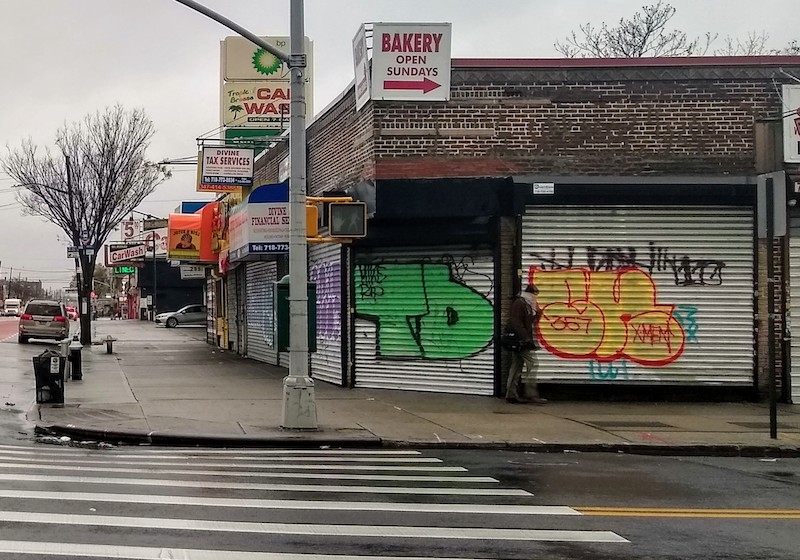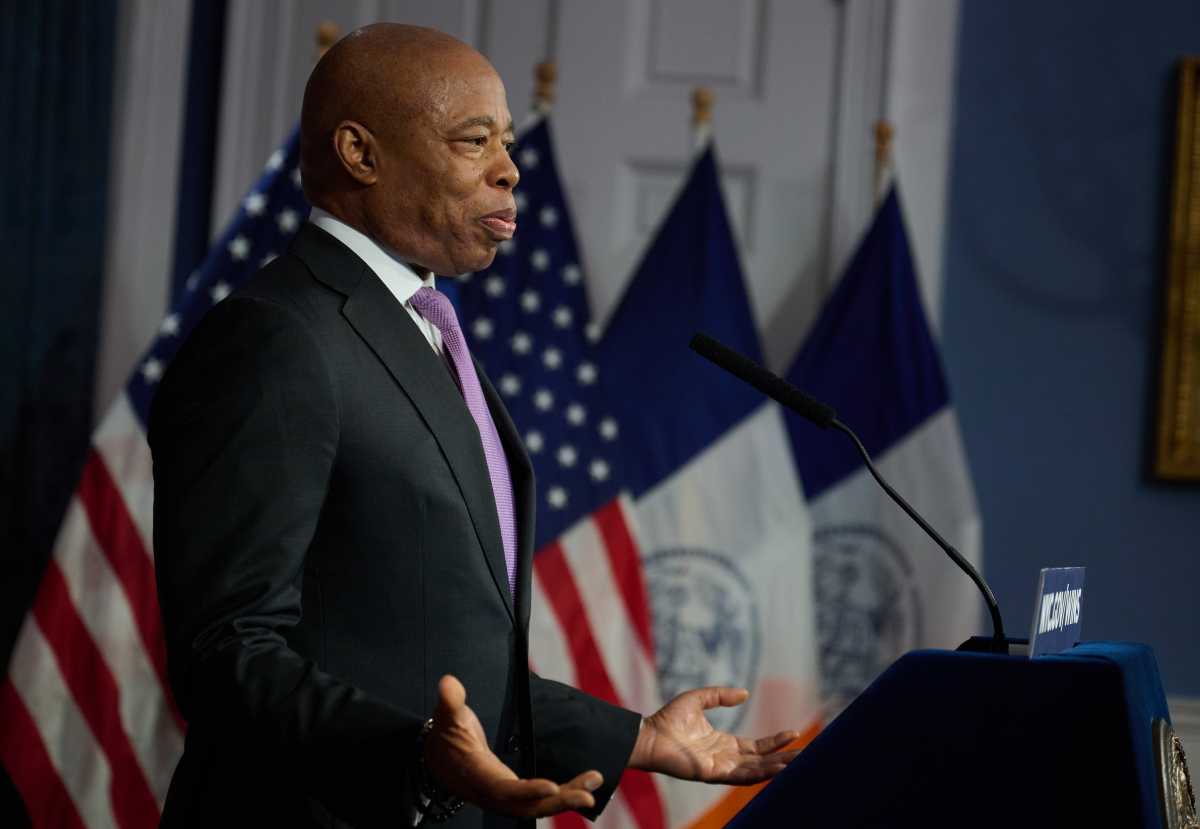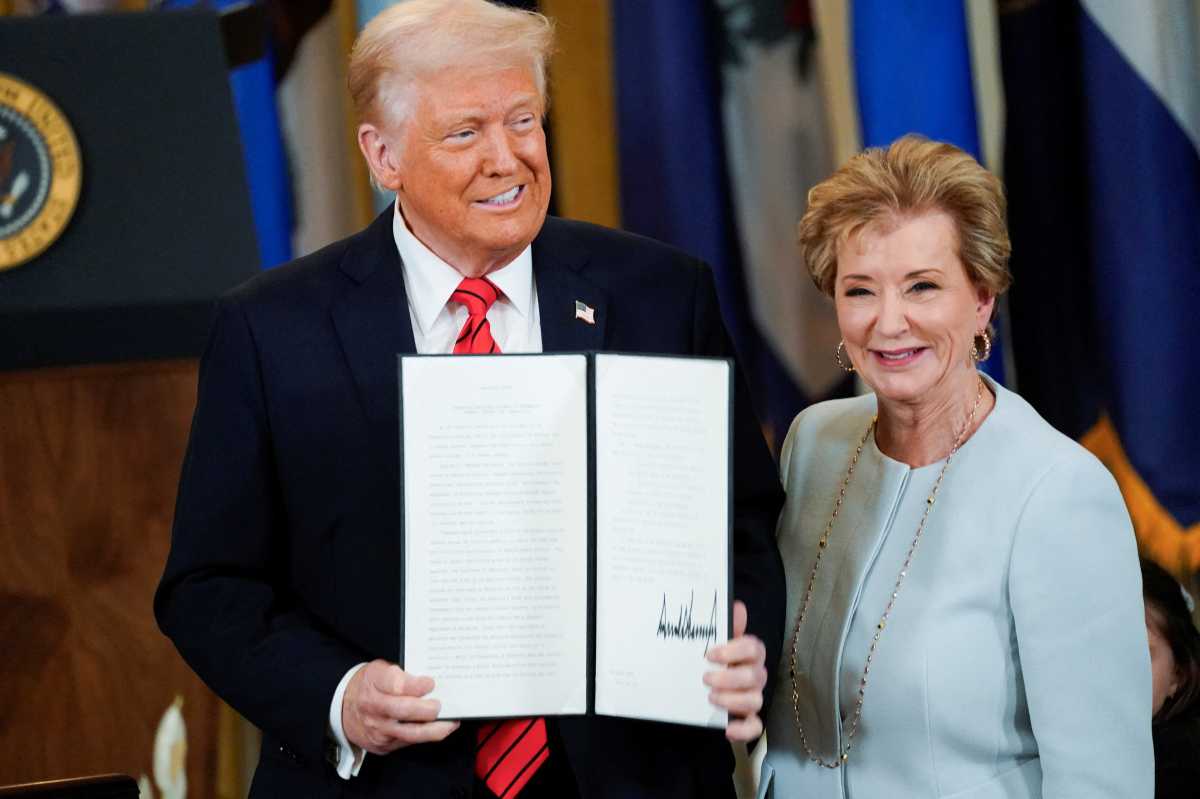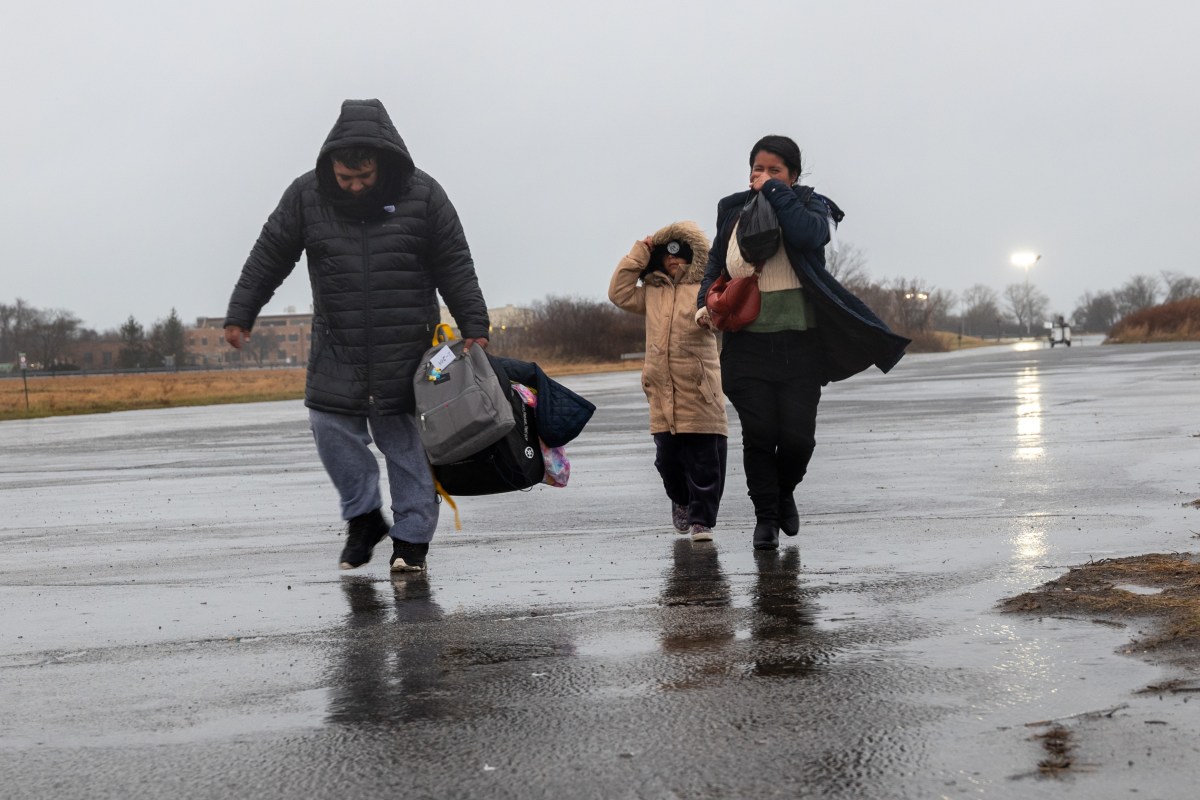As the city and state ramp up more distribution of personal protective equipment (PPE) and coronavirus testing in Black and Brown communities in response to the staggering disproportionate number of deaths and hospitalizations in these neighborhoods, an interesting conversation about rebuilding trust is imminent.
That’s because government medical testing has also had a long sore history in Black communities. This dates from the profoundly immoral Tuskegee syphilis experiment (1932-1972), where 600 Black men were injected with the virus and lied to for 40 years about it, to the more recent audacity of French doctors suggesting to use Africa as a testing ground for a coronavirus vaccine.
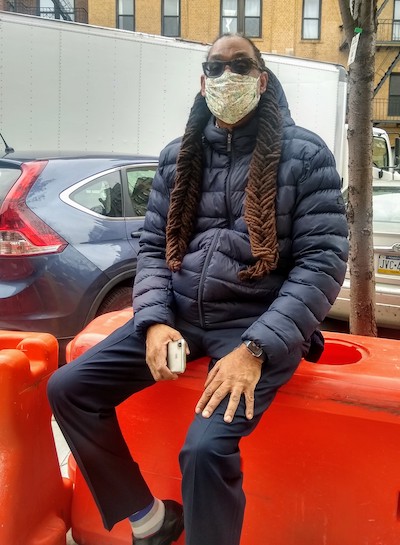
“The joke we made was when the city gets a cold, Black folks get pneumonia and unfortunately that was so not funny because now we’re seeing that take place by the rise of deaths in the Black community,” said Councilman Robert E. Cornegy, Jr. (Bedford Stuyvesant, Northern Crown Heights).
Brooklyn Borough President Eric Adams didn’t address the historical impact of medical testing in the Black community but did have concerns about them wearing a mask, setting them up as targets for the police.
“[They] said wearing a mask, people stop us. They’re concerned about that and I talked to them about the health policies of it,” said Adams, adding he had to speak on how to sensitize NYPD officers to the history of the fear of wearing a mask.
Adams’s remarks parallel the over-policing certain classes and races that have been a negative and often violent interaction. For example, the notorious eras of stop-and-frisk or the shooting deaths of unarmed Black men in New York City.
Despite real concerns about being discriminated against, BP Adams noted that people have been extremely receptive in all his interactions. “We knocked on probably a 1,000 doors, and we have not had one door where people say ‘no I don’t want it,’” said Adams.
Cornegy, who recently pulled through his own bout with COVID-19, said, “I think it’s because we have representatives that they’re familiar with, out, saying go get tested.”
Cornegy said he was diagnosed on March 17 as having coronavirus and had been quarantined since then. He went to Brooklyn Hospital for labored breathing, but otherwise had mild symptoms. He just recently went back outside and he is currently scheduled to go in for an antibodies test.
“They want to be tested, they want their families to be safe. This is actually the only time I’ve seen that,” said Cornegy, about residents throughout Brooklyn. “Black communities are generally insulated in the way we accept and disseminate information. Hundred percent, you could have a million dollars, if they don’t know or trust you they not taking it. Part of it is just the sheer fear of being without the information necessary to fight this,” said Cornegy. ”
Meanwhile, Governor Andrew Cuomo announced billionaire Mike Bloomberg is contributing millions to the state’s test and trace efforts, while the federal government is providing $1.3 billion for contact tracing.
“I also want to get more testing in African-American and Latino communities all through the New York City area, including Long Island after this,” said Cuomo about his plan for more testing. “I want to work with Congressman Hakeem Jeffries and Congress member Yvette Clarke and Congress member Nydia Velazquez to help us work with the churches in those communities.”


